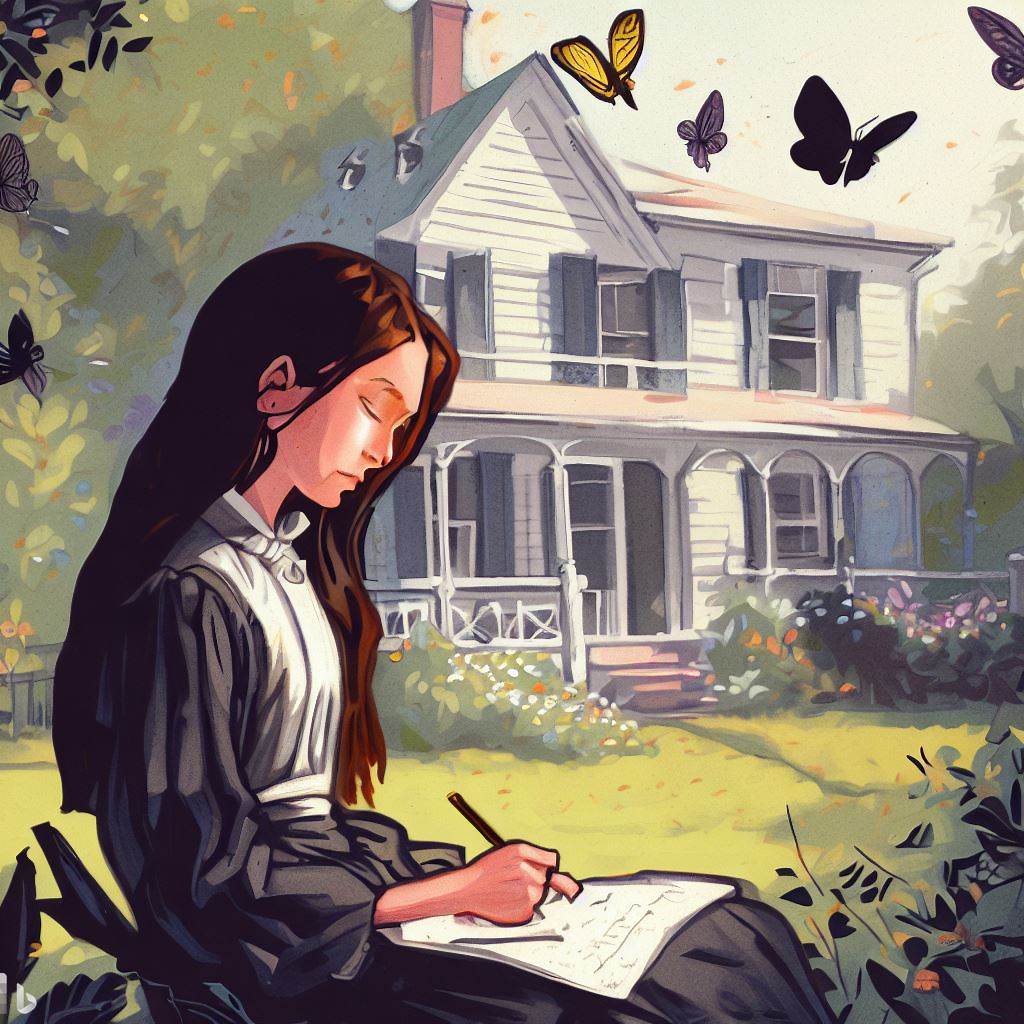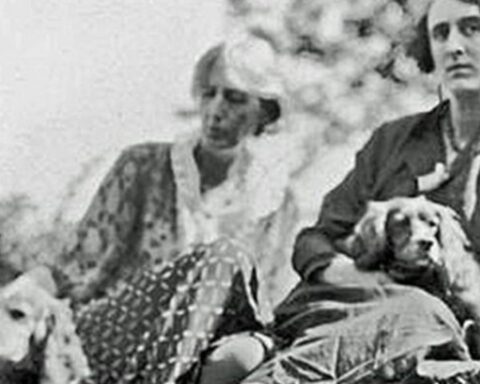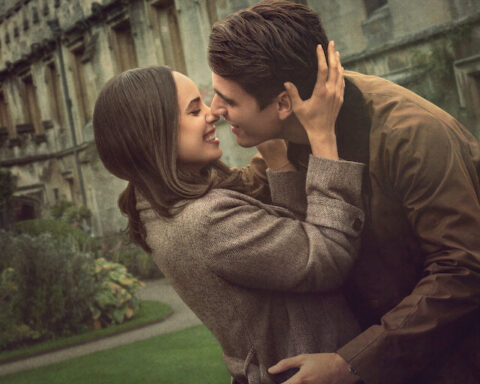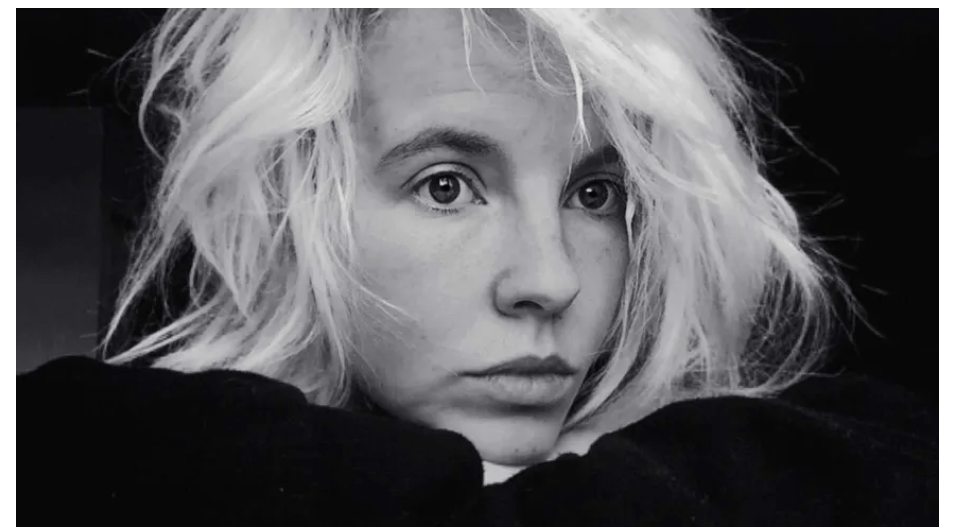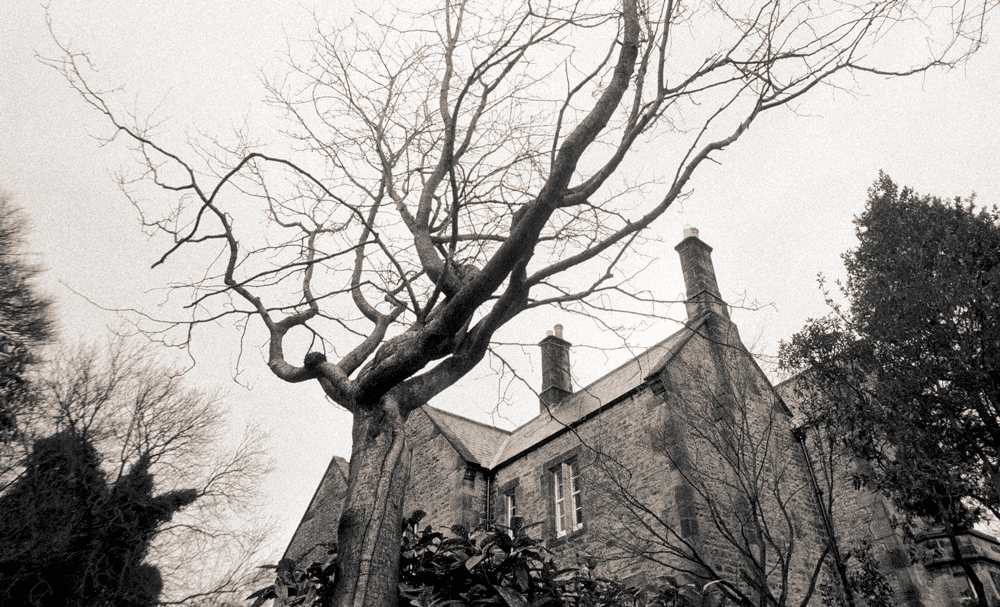The 20th century witnessed a remarkable evolution in feminist literature in the United Kingdom, marked by the emergence of groundbreaking writers who challenged societal norms, advocated for women’s rights, and laid the foundation for contemporary feminist thought. These writers, through their diverse and powerful voices, addressed issues ranging from gender inequality to gender freedom, offering critical insights into the female experience.
Virginia Woolf: The Modernist Pioneer
Virginia Woolf (1882-1941) is often celebrated as a central figure in 20th-century feminist literature. Her seminal work, “A Room of One’s Own” (1929), argues that women need financial independence and personal space to create literature. Woolf’s stream-of-consciousness narrative technique in novels like “Mrs. Dalloway” (1925) and “To the Lighthouse” (1927) delves into the inner lives of women, exploring their thoughts, emotions, and societal roles. Her works are characterized by a deep psychological insight and a critique of the patriarchal structures that constrain women’s lives.
Woolf’s contribution to feminist literature is profound. “A Room of One’s Own” remains a foundational text in feminist theory, advocating for women’s creative autonomy and critiquing the historical suppression of female voices in literature. Woolf’s novels continue to be studied for their innovative narrative techniques and their exploration of gender and identity.
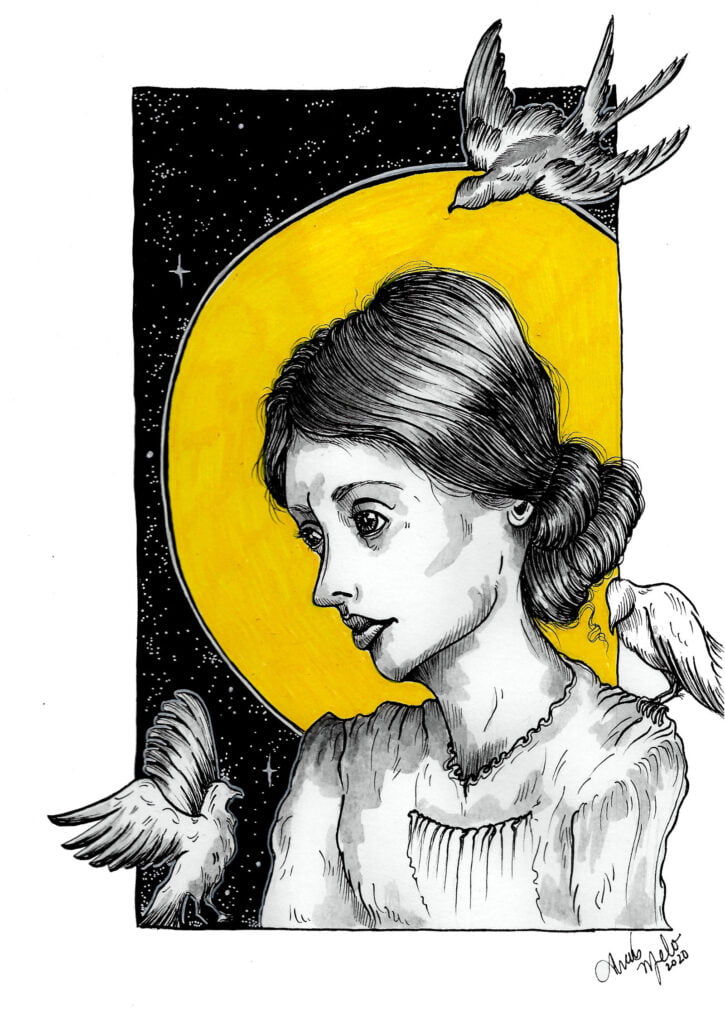
Doris Lessing: The Radical Voice
Doris Lessing (1919-2013), awarded the Nobel Prize in Literature in 2007, brought a radical perspective to feminist literature. Her novel “The Golden Notebook” (1962) is a landmark work that interweaves themes of mental illness, political ideology, and female liberation. Lessing’s candid exploration of women’s inner conflicts and societal expectations marked a significant departure from traditional narratives.
“The Golden Notebook” is hailed for its complex structure and its bold, unflinching look at the struggles of women trying to reconcile personal desires with societal demands. Lessing’s work is celebrated for its depth and its willingness to tackle controversial topics, making her a key figure in feminist literature.
Angela Carter: The Myth-Breaker
Angela Carter (1940-1992) is renowned for her feminist reinterpretations of fairy tales and myths. Her collection “The Bloody Chamber” (1979) subverts traditional narratives, presenting women as active agents rather than passive victims. Carter’s lush, gothic style and her focus on the erotic and the grotesque challenge conventional portrayals of femininity and sexuality.
Carter’s work is pivotal in its deconstruction of myths that have historically marginalized women. “The Bloody Chamber” is particularly praised for its imaginative and provocative storytelling, which reclaims female agency and power in a literary landscape dominated by patriarchal narratives.

Jeanette Winterson: The Innovator
Jeanette Winterson (b. 1959) is a contemporary voice whose work blends feminist themes with innovative narrative forms. Her debut novel, “Oranges Are Not the Only Fruit” (1985), is a semi-autobiographical tale of a young girl’s struggle against her oppressive religious upbringing and her emerging lesbian identity. Winterson’s lyrical prose and non-linear storytelling challenge traditional literary conventions.
Winterson’s novels are celebrated for their stylistic innovation and their exploration of gender, sexuality, and identity. “Oranges Are Not the Only Fruit” is particularly significant for its portrayal of a lesbian protagonist at a time when LGBTQ+ voices were still marginalized in mainstream literature.
Germaine Greer: The Provocateur
Germaine Greer (b. 1939) is one of the most influential and controversial feminist writers of the 20th century. Her book “The Female Eunuch” (1970) became an international bestseller and a seminal text in second-wave feminism. Greer argues that women are conditioned to be passive and submissive, and she calls for a radical rethinking of female sexuality and liberation.
“The Female Eunuch” is notable for its bold and provocative arguments, which challenged the status quo and ignited widespread debate. Greer’s work is both celebrated and critiqued for its radical views, but its impact on feminist discourse is undeniable.
Jane Austen: The Early Feminist Voice
Though primarily a writer of the late 18th and early 19th centuries, Jane Austen (1775-1817) has been retroactively recognized as an important precursor to feminist thought. Her novels, including “Pride and Prejudice” (1813) and “Emma” (1815), subtly critique the limited roles and expectations placed upon women in her society. Austen’s heroines are often characterized by their intelligence, wit, and desire for personal autonomy within the constraints of their social milieu.
Austen’s work, while not overtly feminist by modern standards, challenges the status quo through its nuanced portrayal of women’s lives and its critique of marriage as a financial and social necessity. Her sharp social commentary and complex female characters have inspired countless feminist interpretations and remain influential in discussions of gender and literature.
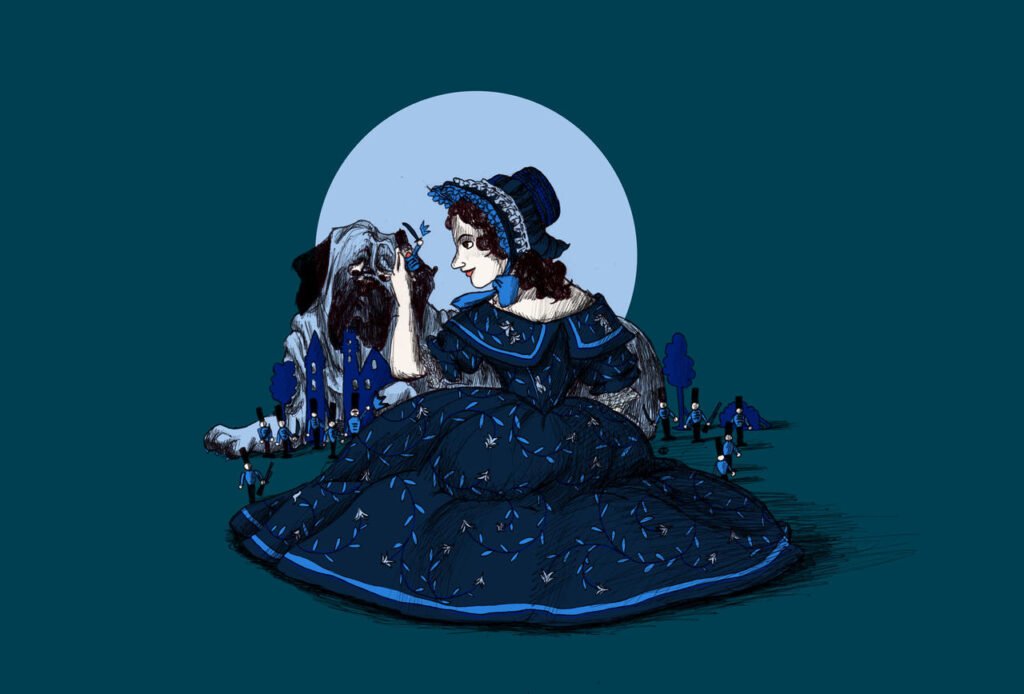
Emily Brontë: The Passionate Rebel
Emily Brontë (1818-1848), best known for her novel “Wuthering Heights” (1847), is another 19th-century writer whose work has been embraced by feminist literary critics. “Wuthering Heights” is notable for its exploration of intense emotional and psychological landscapes, as well as its portrayal of a strong, unconventional female protagonist in Catherine Earnshaw. Brontë’s depiction of Catherine challenges the passive female archetype prevalent in literature of her time.
“Wuthering Heights” is celebrated for its complex characterizations and its dark, brooding atmosphere. Brontë’s willingness to depict raw and powerful female emotions defies the more sanitized portrayals of women in her era. Her work continues to be analyzed for its feminist themes and its revolutionary approach to female characterization.
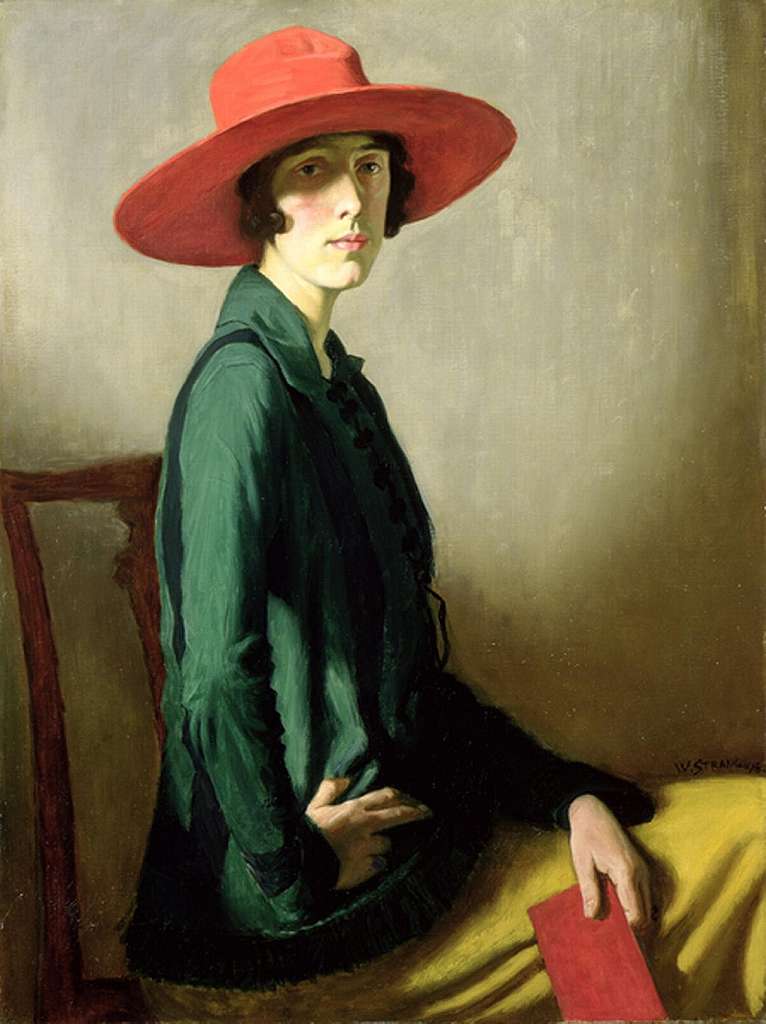
Vita Sackville-West: The Literary Pathfinder
Vita Sackville-West (1892-1962) was a prolific writer and an influential figure in the Bloomsbury Group, known for her novels, poetry, and garden writings. Her relationship with Virginia Woolf, who based the protagonist of “Orlando” (1928) on her, highlights her significant role in the literary and feminist circles of her time. Sackville-West’s own work, including the novel “All Passion Spent” (1931), often explores themes of female independence and self-fulfillment.
Sackville-West’s writing is noted for its elegance and its nuanced exploration of women’s inner lives and desires. “All Passion Spent” is particularly praised for its portrayal of an elderly woman reclaiming her freedom and pursuing her passions after a lifetime of societal constraints. Sackville-West’s contributions to literature and her influence on contemporaries like Woolf underscore her importance in feminist literary history.
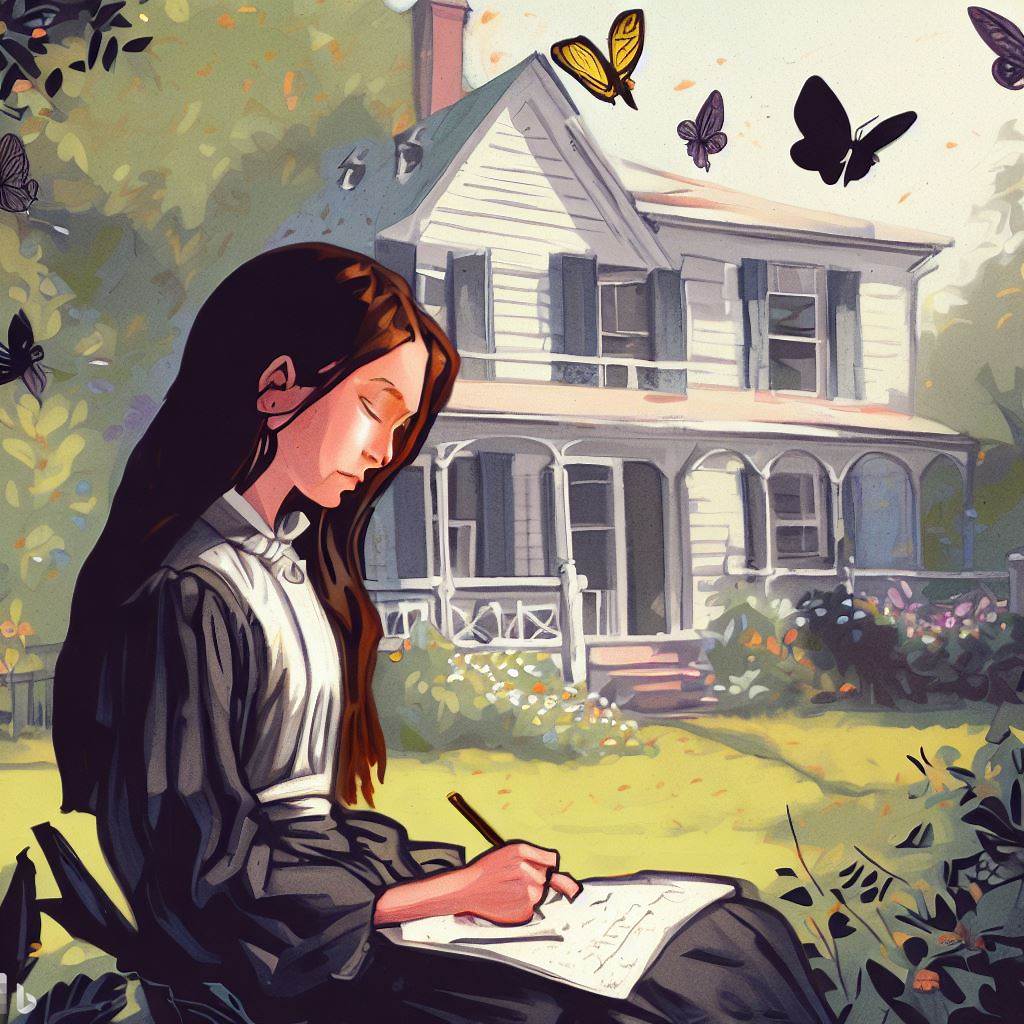
Emily Dickinson: The Reclusive Poet
Although American, Emily Dickinson (1830-1886) had a significant influence on English literature and feminist thought. Her poetry, characterized by its brevity, innovative use of language, and profound introspection, delves into themes of identity, isolation, and the constraints placed upon women. Dickinson’s work was largely unpublished during her lifetime, but her posthumous recognition has cemented her as a pivotal figure in feminist literature.
Dickinson’s poetry is celebrated for its bold and unconventional style, which broke away from the literary norms of her time. Her exploration of the inner life of women and her defiance of traditional gender roles have made her an enduring icon of feminist literary critique. Dickinson’s influence on subsequent generations of writers and poets underscores her lasting legacy in the feminist canon.
Trailblazers Without Fears
The surreptitious feminist writers of the 20th century in the UK each brought unique perspectives and innovations to literature, significantly shaping the feminist movement and literary landscape. From Virginia Woolf’s introspective and pioneering works to Germaine Greer’s radical calls for liberation, these writers not only reflected but also influenced the societal shifts towards gender equality. Their legacies, along with the foundational contributions of earlier writers like Jane Austen and Emily Brontë, continue to inspire and provoke thought in contemporary feminist literature and beyond.
Vita Sackville-West and the cross-Atlantic influence of Emily Dickinson further highlight the interconnectedness of feminist literary movements. Sackville-West’s explorations of female autonomy and Dickinson’s introspective poetry both underscore the diverse ways in which feminist writers have challenged and redefined the roles and perceptions of women in society.
These writers collectively form a rich tapestry of feminist thought, each contributing to a greater understanding of women’s experiences and aspirations. Their works offer valuable insights into the evolving nature of feminist literature, illustrating the power of the written word to challenge, transform, and inspire. As we continue to explore and celebrate these voices, we not only honor their contributions but also recognize the ongoing journey towards gender equality and the vital role that literature plays in this endeavor.
The surreptitious nature of their work, often hidden beneath layers of societal expectation and literary convention, reveals the enduring strength and resilience of women’s voices throughout history. These writers, through their subtle yet powerful critiques, have paved the way for future generations to continue the fight for equality and representation, ensuring that the story of women’s struggles and triumphs is told in all its complexity and richness.
